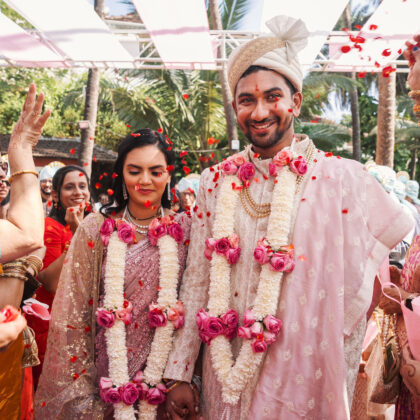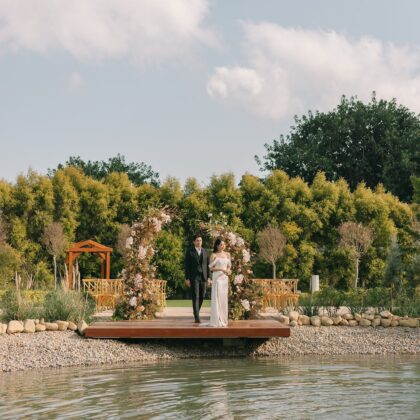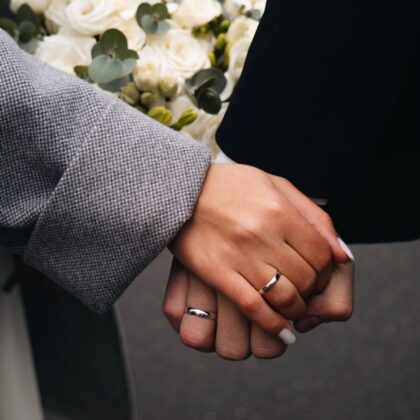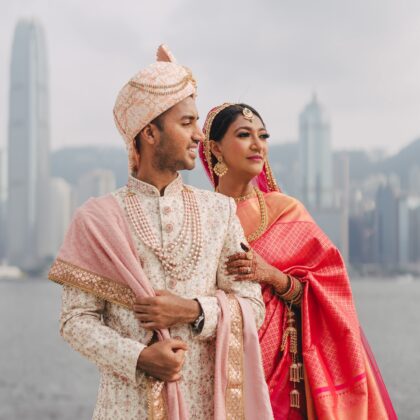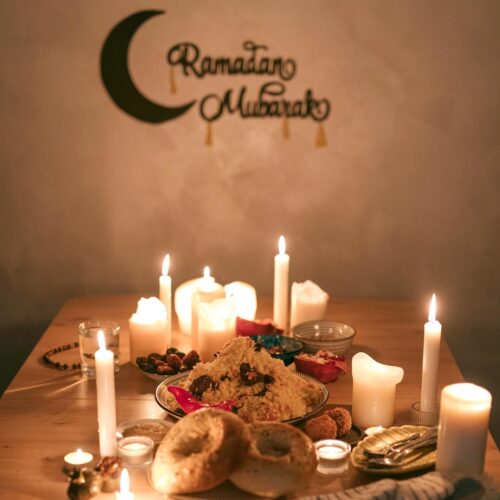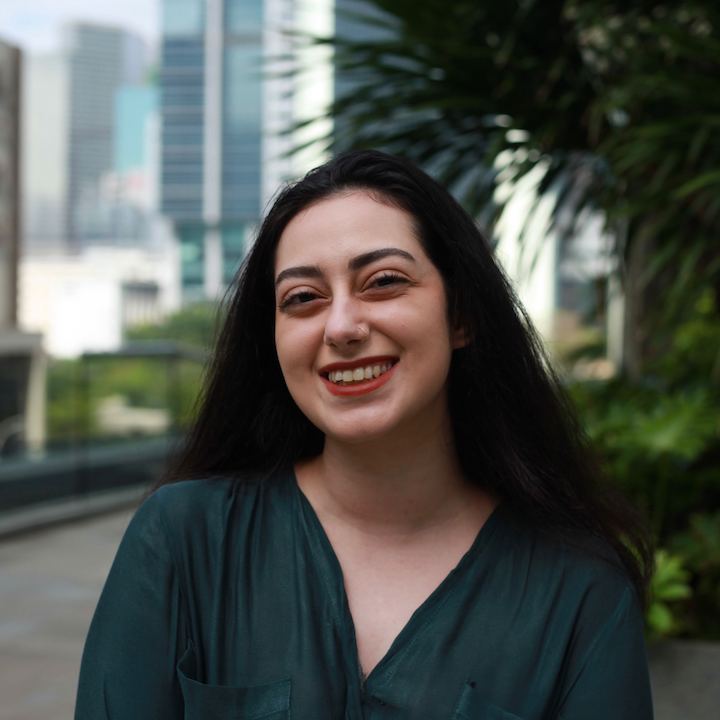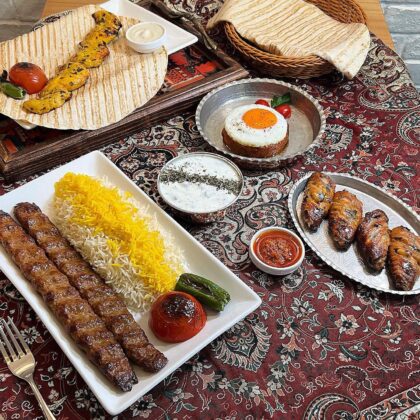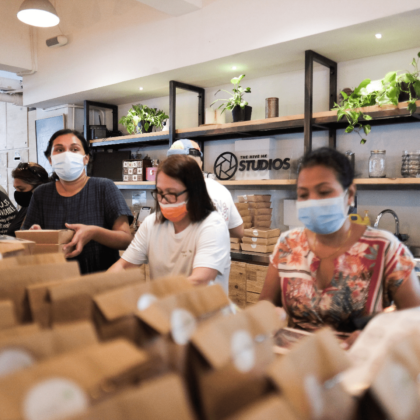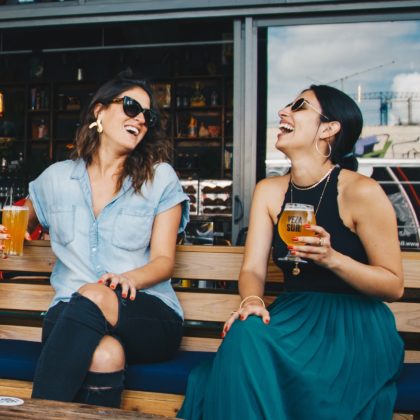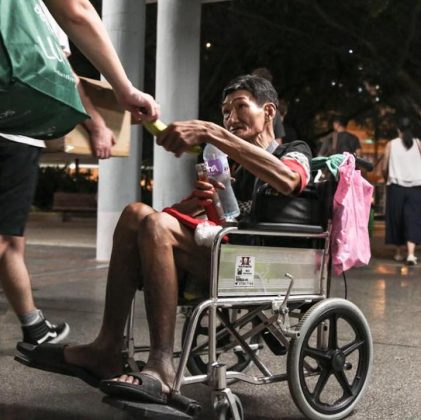There’s more to Ramadan than fasting from sunrise to sunset – Team Sassy reflects on observing the Holy Month in Hong Kong…
The ninth month of the Islamic lunar calendar, this year, Ramadan starts on Tuesday, 12 March, 2024. Ramadan is observed by Muslims globally as a time of great reflection with acts including plenty of prayers and an emphasis on community and charity. In particular, Muslims believe the Quran (their Holy Book) was revealed to the (last) Holy Prophet in Ramadan.
But you might know this month for its most visible marker — fasting. Obligatory for all adult Muslims who are able to (with plenty of concessions for those who are acutely or chronically ill, travelling, pregnant and breastfeeding, diabetic, menstruating and so on), refraining from food and water from sunrise to sunset is one of the Sunni Five Pillars of Islam and one of the Ten Twelver Shia Obligatory Acts of Islam; as well as being equally important for other various sects.
From setting their Slack statuses to “fasting!” to bonding over missing sleep and dreaming of feasting, we share our fondest memories, Ramadan highs and lows and more. We’ve also all grown up in Hong Kong, and have observed plenty of Ramadans and Eids here. So, we got together to reflect on the past month and share a few feelings about this religious practice and celebration.
Read More: Halal Food In Hong Kong – Halal-Certified Restaurants & Eateries With Halal Meat Options
Jump to:
What Else Happens In Ramadan?
Team Sassy’s Reflections
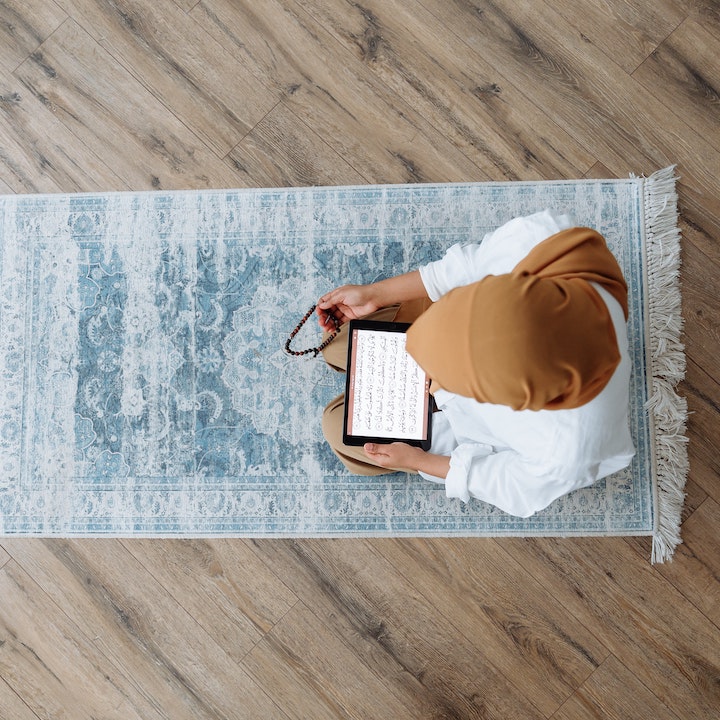
What Else Happens In Ramadan?
Just to quickly catch you up to speed, here are a few things to note about Ramadan!
- Fasting takes place every day of the month: From its 1st to the very last day, whether that’s the 29th or 30th. To fast, you make an intention and then refrain from eating and drinking anything at all (including water!) from sunrise until sunset. Once the night is dark enough — this differs from sect to sect — you can “open” your fast.
- The meal you eat before sunrise is called “suhoor” in Arabic. As a Hindi-Urdu speaker, I call this “sehri”. The meal you eat after sunset is called “iftar”.
- Apart from fasting, you usually make every effort to pray not only the obligatory five daily prayers but other types — including extra prayers after sunset or long ritual prayers through the night.
- During a fast (and throughout the month if you want), you also avoid sexual intercourse of any kind, alcohol and other drugs, and “bad” habits like backbiting, losing your temper, gossiping, swearing and so on. And you’ll want to participate in “good deeds”, like reading the Quran, praying, contributing to the community and donating your time and money to charity.
- This month is particularly holy because it’s when the Holy Quran was revealed. The exact date is unknown, so the last few odd nights are all considered — again, differing from sect to sect — “Laylat al-Qadr”; the night of decree, destiny, power etc.
- For Shias, we also commemorate the death of the Shia first Imam (and all Muslims’ fourth Caliph), who we believe was martyred in Ramadan.
- Muslims across the world celebrate Eid al-Fitr on the first day of the next month (Shawwal). As the tenth month of the Islamic lunar calendar, this calls for the first sighting of the crescent moon. This usually is a little chaotic — some schools of thought prefer sighting with the naked eye, others allow for equipment and calculations. If you can’t see the moon (as we couldn’t this year in Hong Kong due to the rain!), you can simply follow a Muslim authority in a country close to you.
Team Sassy’s Reflections
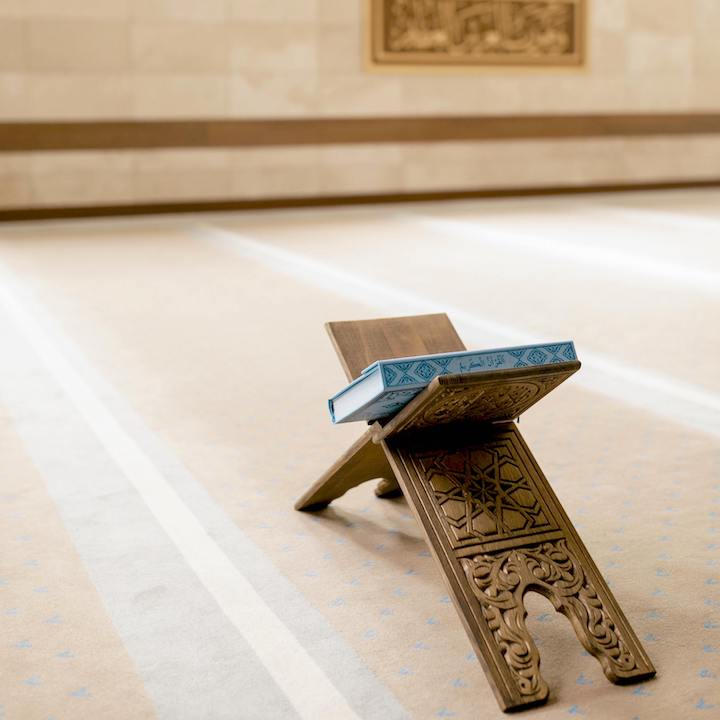
What do you think of when you think of Ramadan?
Kiran Naz, Partnerships Manager:
Questions related to Ramadan I get from my friends every year. “Not even water?!” Yes.
Fashila Kanakka, Editor:
There’s a whole different feeling during the month of Ramadan. Discipline definitely comes to mind, along with peace and unity as we always have sehri and iftar together as a family; whereas, on normal days, we eat at different times.
Sakina Abidi, Former Editor:
My honest first thought is losing sleep and missing meals. But it’s also a month to truly exercise restraint. I’m a big believer in the idea that being patient and kind isn’t innate — it’s something that you have to work at and practice. And as I said today, I’m guilty of keeping my temper even all month only to start losing it a few days into Shawwal.
What memories do you have of Ramadan as a child in Hong Kong?
K: I would have friendly competitions with my friends about who observed the most fasts in the month of Ramadan. I’d also constantly explain to my non-muslim friends why I couldn’t have fish balls with them during recess. The struggle was real!
F: I remember being curious about it and would try to fast, but then wake up in the morning and ask my mom for breakfast — yes, it was very short-lived!
S: I was desperate to start fasting; I started around the age of seven while I was still attempting to master a two-rakat (the shortest prayer). I’d usually sit in the library during hot sunny lunch breaks, and also gently reassure all my friends that they could eat in front of me.
Read More: Sassy Supports – Grassroots Future
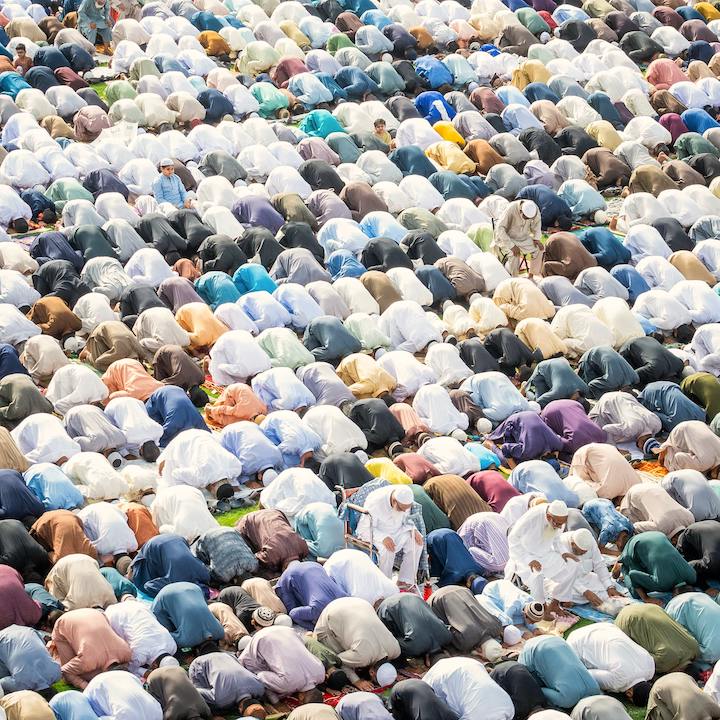
Have you observed Ramadan anywhere else — what was it like?
K: I tried observing Ramadan when I visited Pakistan in summer 2018, it was not easy! The 40 degrees celsius heat does not make fasting any easier.
F: I have when I went to India during summer vacation. Since my extended family is there, we would regularly have people over to break the fast or go over to our relatives’. It had more of a festive element to it; there are sometimes bazaars during Ramadan and the streets are filled with lights. My grandma’s house is near a mosque so we could clearly hear the call to prayer, azaan, so it’s definitely a whole package there but it’s so much hotter which can make it more difficult.
S: I had a miserable few days in the UK, where summer days are very, very long. You can only really eat between 9pm to 2am, that’s just not feasible! I’m so grateful to keep my rozas (“fast” in Hindi-Urdu) in Hong Kong, where the weather fares better than say Delhi year-round and the fast is more or less the same amount of hours no matter what time of year.
Do you give up anything in Ramadan?
K: Other than the obvious (giving up food and sleep), I try to give up on any bad habits that I have (unnecessary use of curse words, small white lies, anger etc.)
F: As it’s the Holy Month, I am much more mindful about sins than I usually am, I don’t try to force it or anything but it sort of comes naturally during this month. And another thing I do without realising is — I watch less Netflix and listen to music less, mostly because I like how peaceful and quiet my head feels and I try to keep it that way.
S: I keep my temper even, my voice low and try to control even the smallest ill feelings — frustration, irritation, anger. This includes not snapping at the cats when they knock something over for the fourth time in the night, which is a lot easier said than done.
Read More: How To Make Friends In Hong Kong: 10 Ways To Meet New People
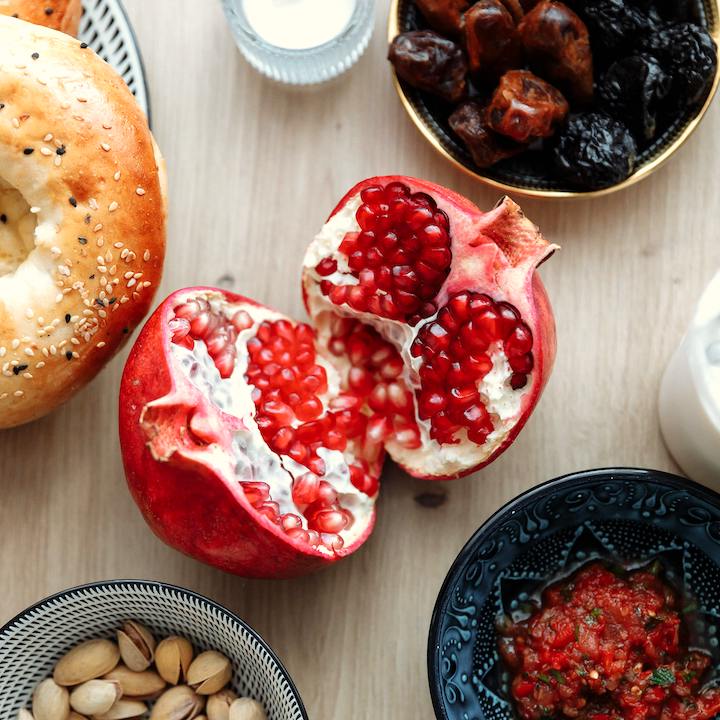
What’s the most difficult part of Ramadan for you personally?
K: Waking up before sunrise and forcing myself to eat a full meal early on the day!
F: No morning coffee! And sometimes not being hydrated during the day can leave me feeling energy-less, I just end up working at a slower pace but it’s nothing impossible. And it does get really tiring on some days and you may not be in the right mental space so again, it takes discipline and patience.
S: Losing sleep. I get little to no sleep, and it’s just a terrible time for me. To counter this, I usually skip sehri and only wake up for morning prayer. I also try to sleep as soon as possible — although between work and prayers, this is near-impossible.
What do you like the most about Ramadan?
K: Cleansing the mind, body and soul, and reconnecting with yourself on a spiritual level. Fasting had made me a calmer person (surprisingly not angry)!
F: That I have so much time! It makes me realise how much time of the day I spend eating and walking to the fridge! With all the extra time I have, I’m able to pray five times a day, finish my work, take a little nap and catch up with friends after. But perhaps what I love most is the sense of unity, not just amongst families but amongst friends, coworkers and strangers. Whether it’s wishing us Ramadan Mubarak or asking us how we’re doing, it’s very heartwarming to see non-Muslims showing so much care and concern. And knowing that millions and millions of Muslims across the globe are doing the same thing during Ramadan feels surreal!
S: I think there’s this neat feeling of accomplishment as you get through your fasts, and I do appreciate the long nights of prayer — I do a 100-rakat amaal (long ritual prayer) on Laylatul Qadr with my mother and sister, and it’s usually a peaceful and spiritual night. This year, I picked up tons of gluten-free goodies (my sister is gluten-intolerant) and snacks for us to eat!
Read More: Where To Volunteer In Hong Kong – Nonprofits, Charities & Social Enterprises
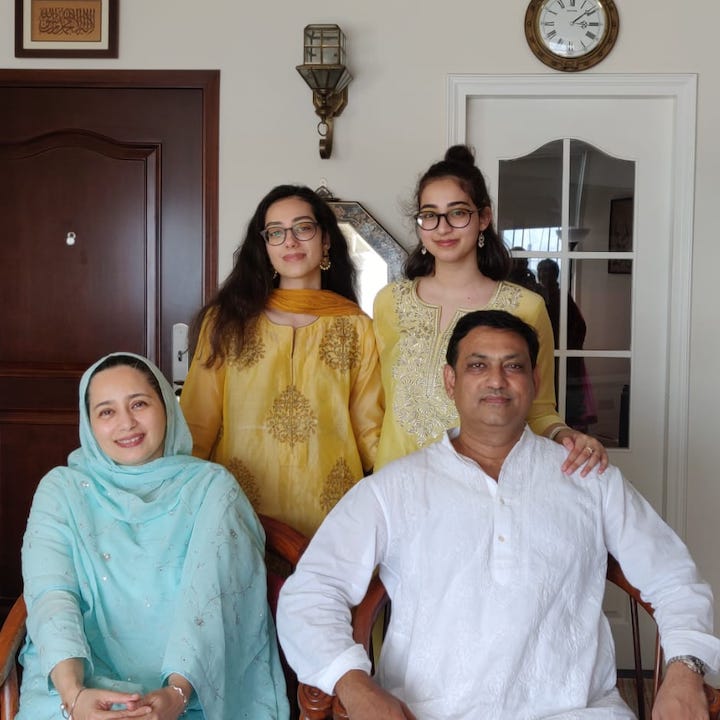
Do you celebrate Eid? What do you do?
K: Family gatherings and eating all day long, which actually seems very weird after fasting for a whole month.
F: We usually prepare a humble feast, nothing too fancy. We clean the house and I always make sure to get some fresh blooms to arrange the table for a family lunch. It’s also one of the rare times I get to dress up in traditional wear so each year we buy new clothes for Eid and sometimes apply henna. Family members would give red packets and blessings to the younger members of the family and then well, I just pass out in a food coma! But it does sometimes feel a little weird eating during the day (Ramadan is over?!)
S: Growing up, I attended a fair share of Eid parties held in clubhouse banquet rooms or smaller affairs at family friends’ places — we’d dress up in traditional wear, apply mehndi (henna), eat and eat and eat, gather eidi (money) in red packets and play party games. In the last few years, we haven’t celebrated as much. I think in 2019 I booked a nice family meal at Chili Club and we have had family over before.
Main image courtesy of Thirdman via Pexels, image 1 courtesy of Alena Darmel via Pexels, image 2 courtesy of Kafeel Ahmed via Pexels, image 3 courtesy of Thirdman via Pexels, image 4 courtesy of Sakina Abidi.

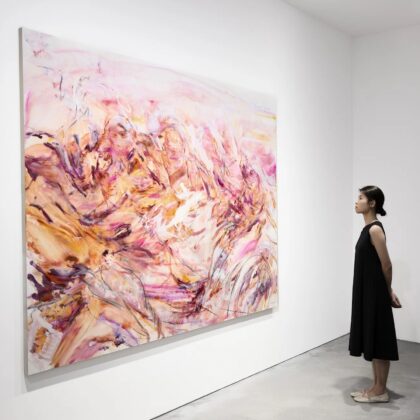
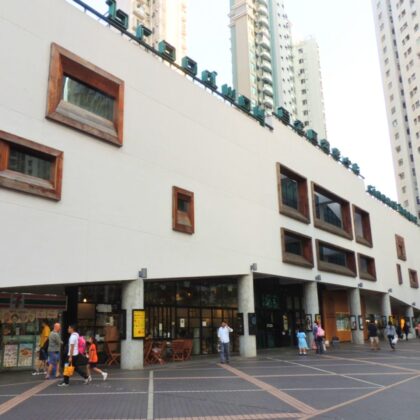

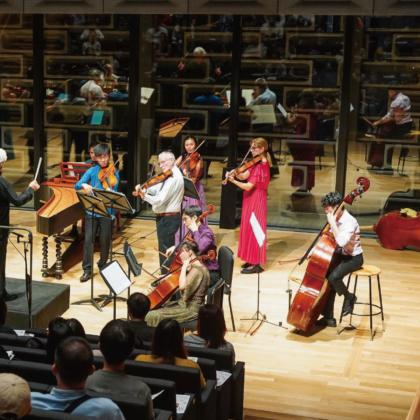
 Eat & Drink
Eat & Drink
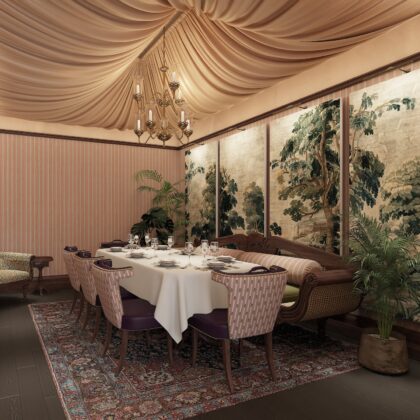

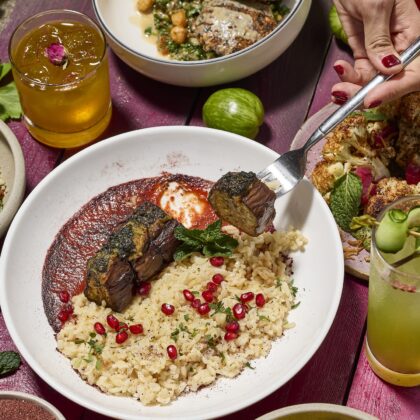
 Travel
Travel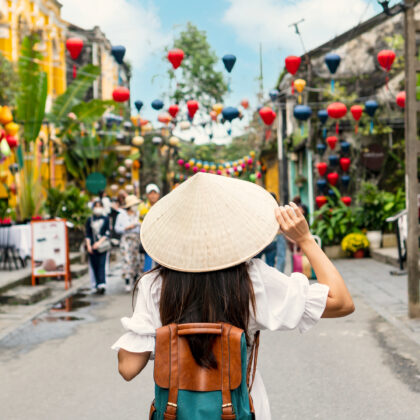
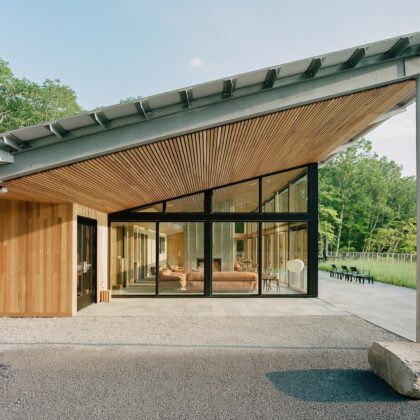
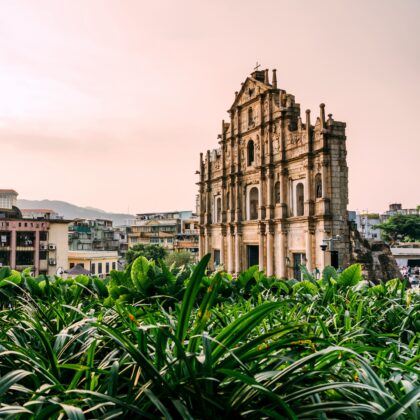
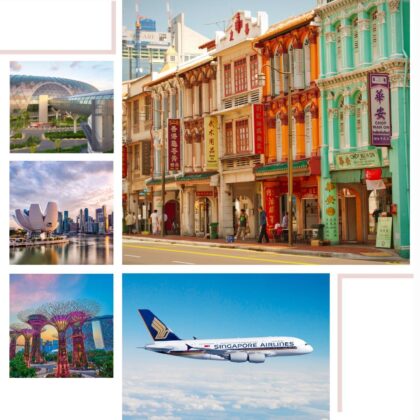
 Style
Style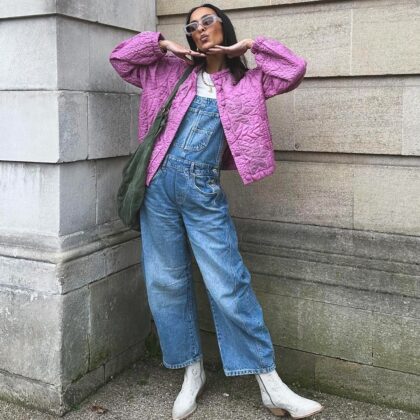
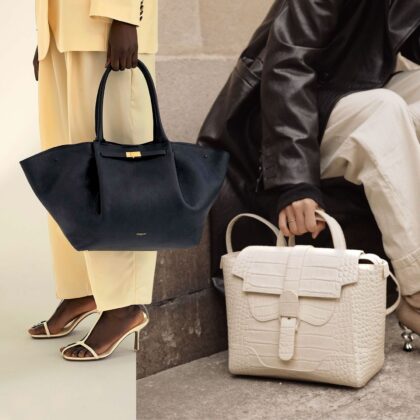


 Beauty
Beauty

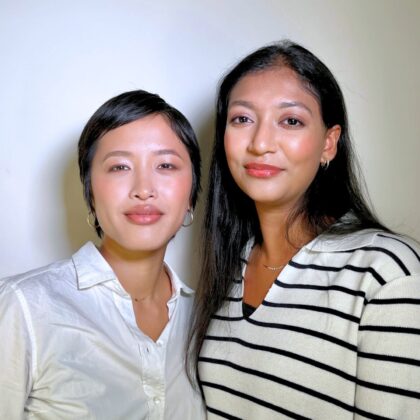
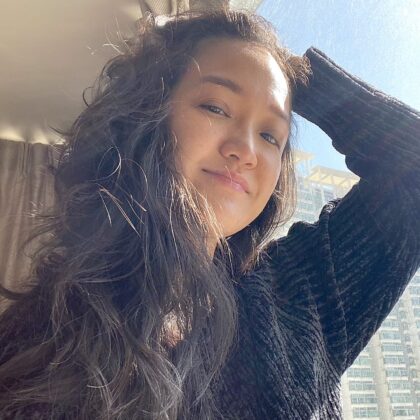
 Health & Wellness
Health & Wellness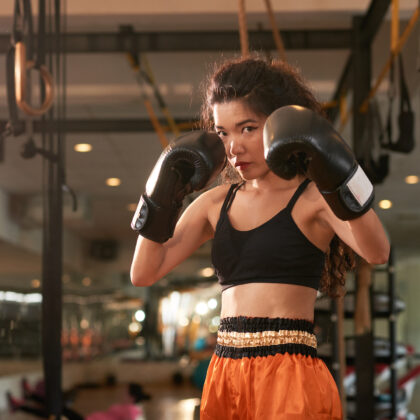
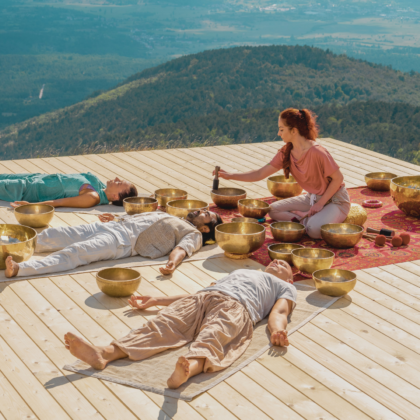
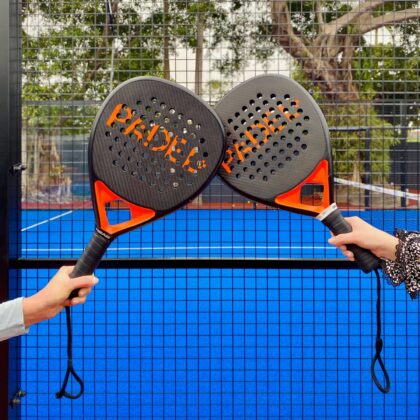
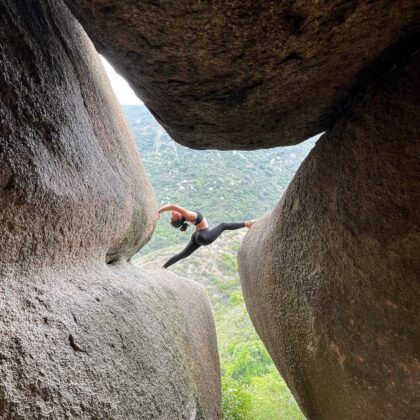
 Home & Decor
Home & Decor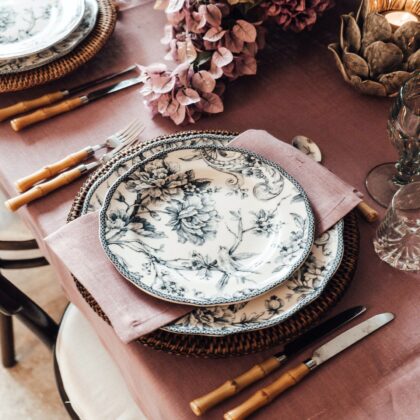
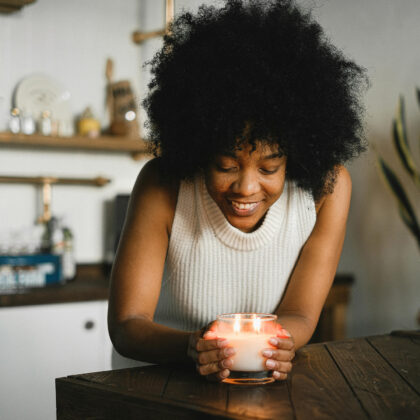
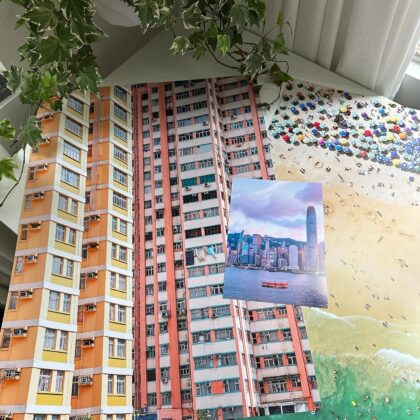

 Lifestyle
Lifestyle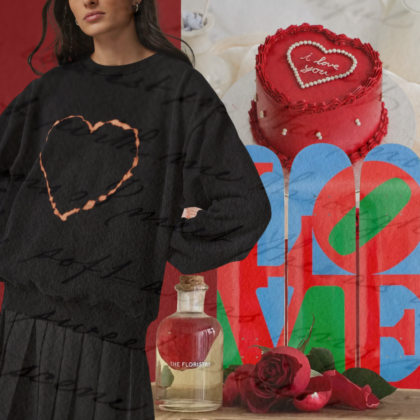
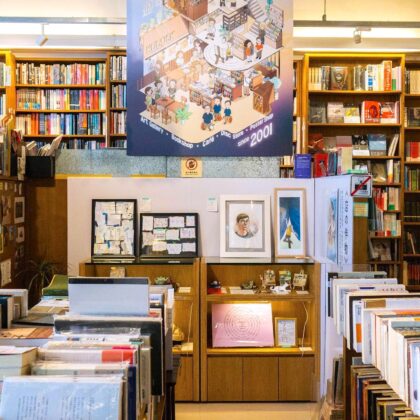
 Weddings
Weddings